 Work on climate change has largely focused on preventing it from getting worse, but as a new RBC report points out, businesses are also starting to think more about potential spending on adaptation and preparation as the costs of disasters pile up. The report says that extreme weather and natural disaster costs already totalled US$368 billion last year, 14 per cent above the long-term average since 2000, and that this year could match or exceed the total. The trend is expected to get worse, because as the report notes there’s expected to be a 2.7 degree rise in average temperatures by 2100 based on current global policies and actions, while an optimistic scenario pegs the rise at 1.9 degrees. The costs stemming from rising temperatures are leading to more attention in boardrooms, with the report noting mentions of climate change on the rise in both U.S. and Asia.
Work on climate change has largely focused on preventing it from getting worse, but as a new RBC report points out, businesses are also starting to think more about potential spending on adaptation and preparation as the costs of disasters pile up. The report says that extreme weather and natural disaster costs already totalled US$368 billion last year, 14 per cent above the long-term average since 2000, and that this year could match or exceed the total. The trend is expected to get worse, because as the report notes there’s expected to be a 2.7 degree rise in average temperatures by 2100 based on current global policies and actions, while an optimistic scenario pegs the rise at 1.9 degrees. The costs stemming from rising temperatures are leading to more attention in boardrooms, with the report noting mentions of climate change on the rise in both U.S. and Asia.
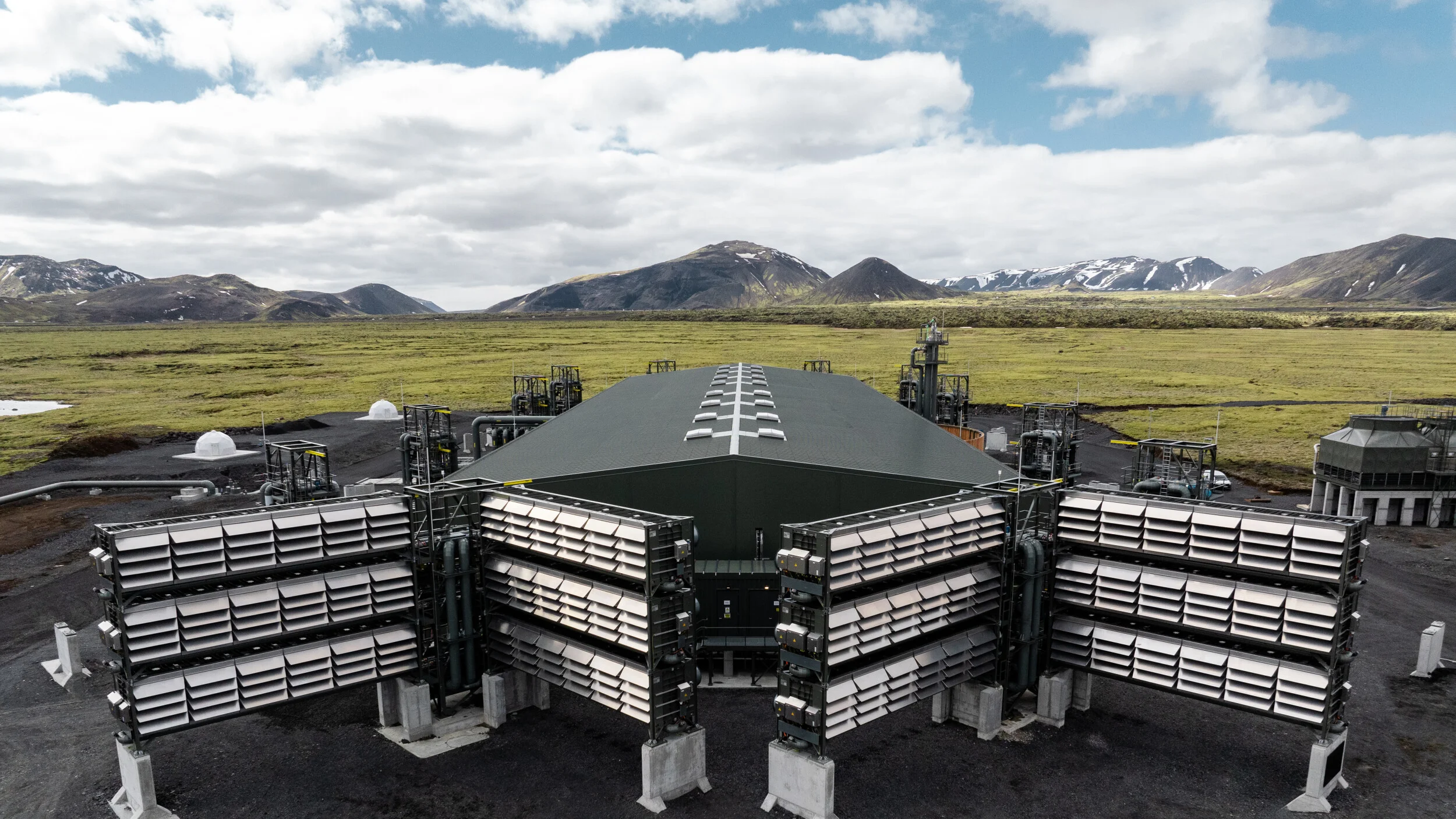



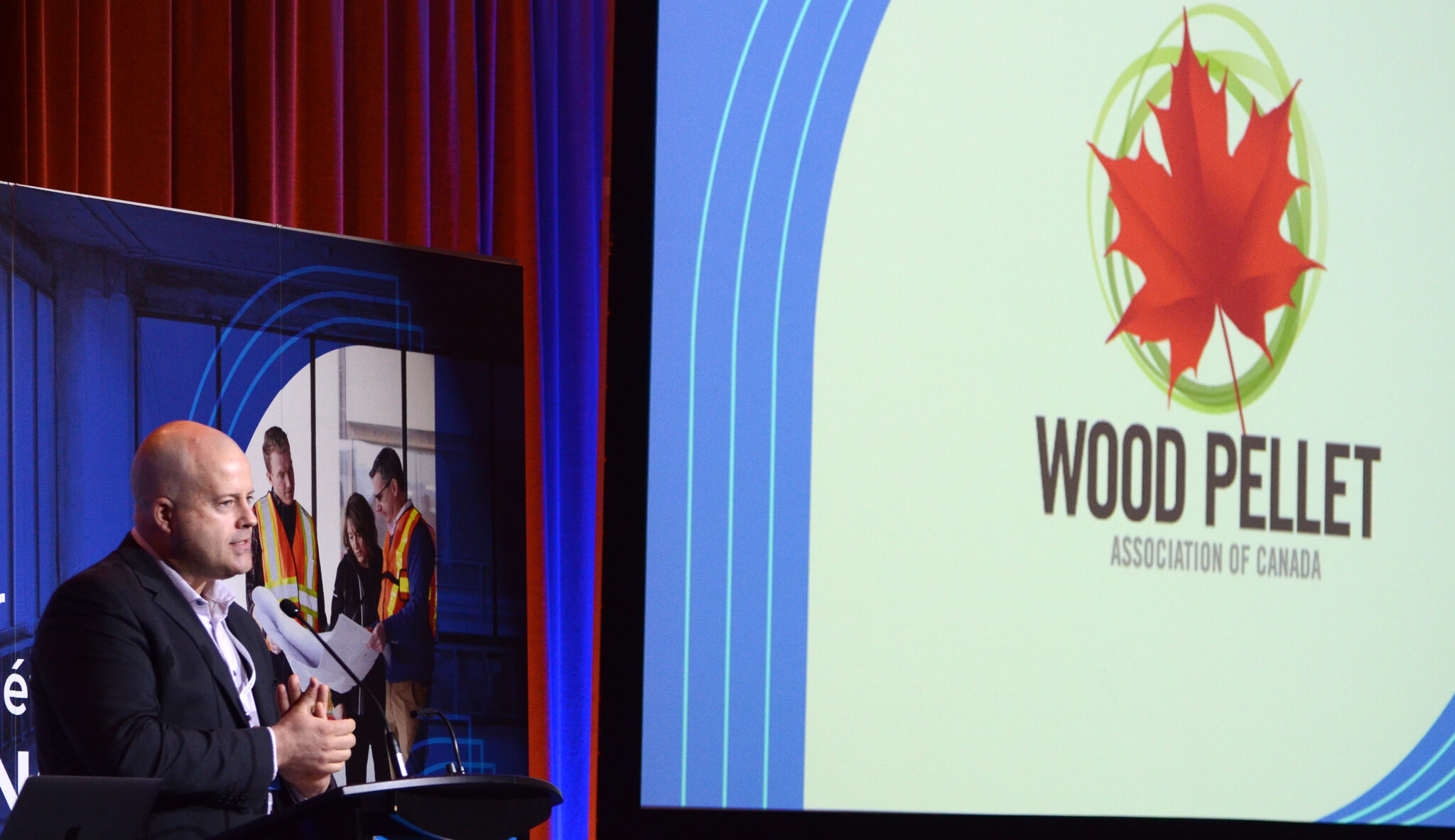

 The Great Bear Rainforest on British Columbia’s North and Central Coast sequesters millions of tonnes of carbon dioxide across 6.4 million hectares of snow-capped mountains, ancient western red cedars, and Sitka spruce. It is considered one of the world’s largest carbon sinks—meaning it absorbs more carbon dioxide (CO2) than it releases. Under the Great Bear Carbon banner, a collection of coastal First Nations has entered the voluntary carbon offset market. The organization generates carbon offsets by preserving trees and ecosystems that naturally store CO2, with each carbon offset verifying the removal of one tonne of carbon from the atmosphere. Businesses, governments and individuals can purchase carbon offsets to compensate for their environmental impact. The Great Bear Carbon program helps raise revenue to support the local First Nations and their stewardship efforts.
The Great Bear Rainforest on British Columbia’s North and Central Coast sequesters millions of tonnes of carbon dioxide across 6.4 million hectares of snow-capped mountains, ancient western red cedars, and Sitka spruce. It is considered one of the world’s largest carbon sinks—meaning it absorbs more carbon dioxide (CO2) than it releases. Under the Great Bear Carbon banner, a collection of coastal First Nations has entered the voluntary carbon offset market. The organization generates carbon offsets by preserving trees and ecosystems that naturally store CO2, with each carbon offset verifying the removal of one tonne of carbon from the atmosphere. Businesses, governments and individuals can purchase carbon offsets to compensate for their environmental impact. The Great Bear Carbon program helps raise revenue to support the local First Nations and their stewardship efforts.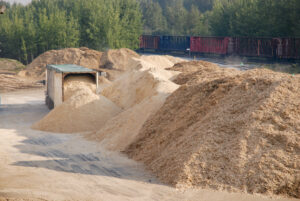 Earlier this year, Burnaby’s Svante Technologies made inroads in Alberta. The move eastward is partially powered by a newly formed partnership with Mercer International. The Canadian cleantech’s carbon capture project is targeting biogenic CO2 emissions from Mercer’s Peace River pulp mill. …One of the strategies the firm intends to adopt in Canada is carbon sequestration. Within Alberta, carbon sequestration is a sensible tactic to apply, according to Mercer International’s chief executive officer, Juan Carlos Bueno. “The reason why we’re doing it there is because the mill is located in Alberta, where you have geological formations that are suitable for sequestering CO2,” Bueno informed Andrew Snook of Pulp & Paper Canada. …Finalizing investment in the project, however, is no small consideration. There is a price tag north of $500 million and moving forward would require extensive support from both the Province of Alberta and Government of Canada.
Earlier this year, Burnaby’s Svante Technologies made inroads in Alberta. The move eastward is partially powered by a newly formed partnership with Mercer International. The Canadian cleantech’s carbon capture project is targeting biogenic CO2 emissions from Mercer’s Peace River pulp mill. …One of the strategies the firm intends to adopt in Canada is carbon sequestration. Within Alberta, carbon sequestration is a sensible tactic to apply, according to Mercer International’s chief executive officer, Juan Carlos Bueno. “The reason why we’re doing it there is because the mill is located in Alberta, where you have geological formations that are suitable for sequestering CO2,” Bueno informed Andrew Snook of Pulp & Paper Canada. …Finalizing investment in the project, however, is no small consideration. There is a price tag north of $500 million and moving forward would require extensive support from both the Province of Alberta and Government of Canada.

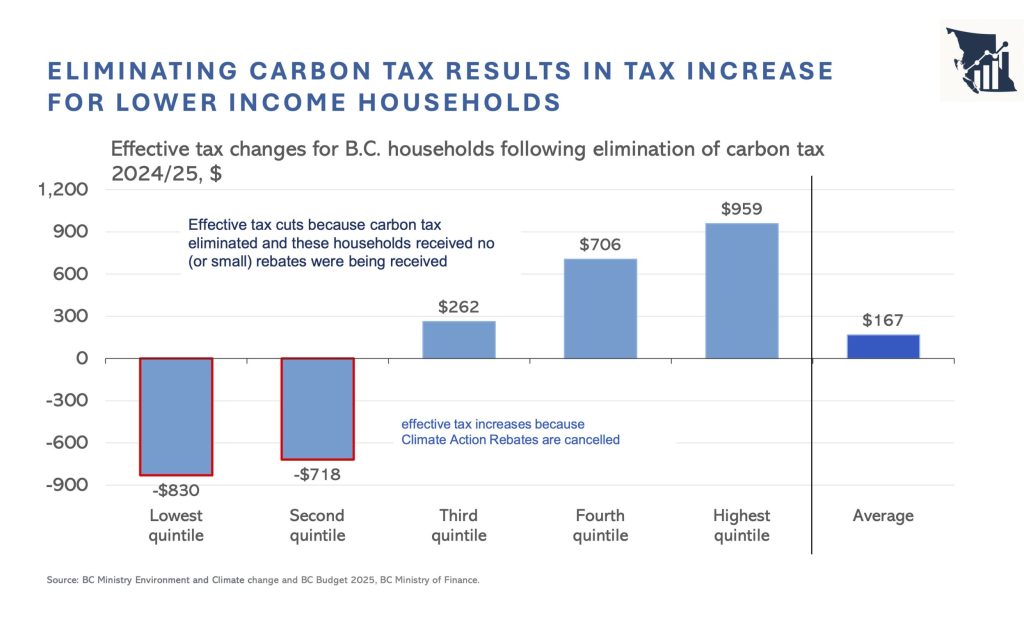
 Power plants and industrial facilities that emit carbon dioxide are hopeful that Congress will keep tax credits for capturing the gas and storing it deep underground. The process, called carbon capture and sequestration, is seen by many as an important way to reduce pollution during a transition to renewable energy. But it faces criticism from some conservatives, who say it is expensive and unnecessary, and from environmentalists, who say it has consistently failed to capture as much pollution. …The most commonly used technology allows facilities to capture and store around 60% of their CO2 emissions during the production process. Anything above that rate is much more difficult and expensive, according to the IEA. …Even so, carbon capture is an important tool to reduce CO2 emissions, particularly in heavy industries, said Sangeet Nepal at the Carbon Capture Coalition. “It’s not a substitution for renewables … it’s just a complementary technology”.
Power plants and industrial facilities that emit carbon dioxide are hopeful that Congress will keep tax credits for capturing the gas and storing it deep underground. The process, called carbon capture and sequestration, is seen by many as an important way to reduce pollution during a transition to renewable energy. But it faces criticism from some conservatives, who say it is expensive and unnecessary, and from environmentalists, who say it has consistently failed to capture as much pollution. …The most commonly used technology allows facilities to capture and store around 60% of their CO2 emissions during the production process. Anything above that rate is much more difficult and expensive, according to the IEA. …Even so, carbon capture is an important tool to reduce CO2 emissions, particularly in heavy industries, said Sangeet Nepal at the Carbon Capture Coalition. “It’s not a substitution for renewables … it’s just a complementary technology”. 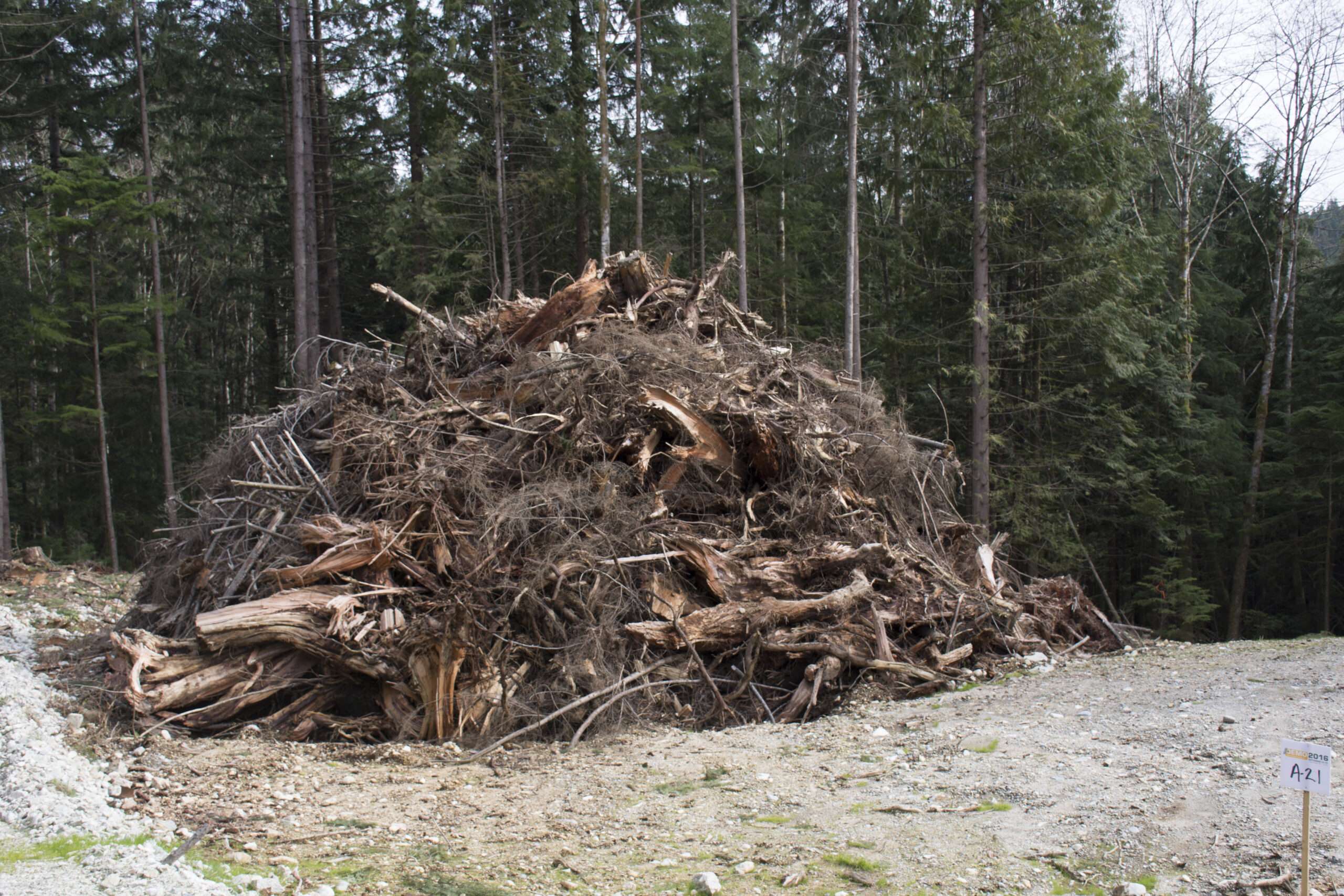 The world’s sawmills and plantation forests offer a powerful weapon against climate change, a new study has found. A paper published in Nature Geosciences found that burying the vast quantities of wood waste produced in the course of logging and processing trees could markedly slow Earth’s heating. Heat waves like the one currently afflicting the East Coast in the U.S. have been made far more likely by centuries of unchecked burning of fossil fuels — which release heat-trapping chemicals like carbon dioxide. …But in addition to the need to halt that burning, researchers found that burying waste from trees … offers an unparalleled way to counteract its impacts. …the study burying waste could reduce the Earth’s heating by 0.42 degrees Celsius, or about one-sixth of the estimated 3 degrees Celsius that scientists believe the Earth is on track to heat up by the end of the century.
The world’s sawmills and plantation forests offer a powerful weapon against climate change, a new study has found. A paper published in Nature Geosciences found that burying the vast quantities of wood waste produced in the course of logging and processing trees could markedly slow Earth’s heating. Heat waves like the one currently afflicting the East Coast in the U.S. have been made far more likely by centuries of unchecked burning of fossil fuels — which release heat-trapping chemicals like carbon dioxide. …But in addition to the need to halt that burning, researchers found that burying waste from trees … offers an unparalleled way to counteract its impacts. …the study burying waste could reduce the Earth’s heating by 0.42 degrees Celsius, or about one-sixth of the estimated 3 degrees Celsius that scientists believe the Earth is on track to heat up by the end of the century.
 WASHINGTON — On behalf of the American Wood Council (AWC) and the American Forest & Paper Association (AF&PA), AF&PA Vice President of Public Policy Paul Noe gave oral testimony before the House Committee on Energy and Commerce, Subcommittee on Environment in their hearing titled, “Short-Circuiting Progress: How the Clean Air Act Impacts Building Necessary Infrastructure and Onshoring American Innovation.” In his testimony, Noe applauded legislation that would allow the paper and wood products industry to make capital investments to modernize their manufacturing facilities. …discussion was heard by the committee on two bills that would make critical revisions to the National Ambient Air Quality Standard (NAAQS) setting and implementation process that would reduce the type of permit gridlock created when the particulate matter NAAQS was significantly lowered by the previous administration. “We strongly support Congressmen Rick Allen and Buddy Carter in their efforts to address the impacts of air permitting issues on U.S. manufacturing,” said Noe.
WASHINGTON — On behalf of the American Wood Council (AWC) and the American Forest & Paper Association (AF&PA), AF&PA Vice President of Public Policy Paul Noe gave oral testimony before the House Committee on Energy and Commerce, Subcommittee on Environment in their hearing titled, “Short-Circuiting Progress: How the Clean Air Act Impacts Building Necessary Infrastructure and Onshoring American Innovation.” In his testimony, Noe applauded legislation that would allow the paper and wood products industry to make capital investments to modernize their manufacturing facilities. …discussion was heard by the committee on two bills that would make critical revisions to the National Ambient Air Quality Standard (NAAQS) setting and implementation process that would reduce the type of permit gridlock created when the particulate matter NAAQS was significantly lowered by the previous administration. “We strongly support Congressmen Rick Allen and Buddy Carter in their efforts to address the impacts of air permitting issues on U.S. manufacturing,” said Noe. 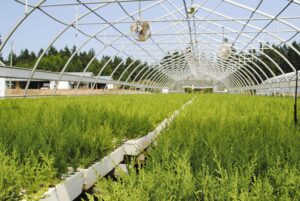 Replanting forests can help cool the planet even more than some scientists once believed, especially in the tropics. But even if every tree lost since the mid-19th century is replanted, the total effect won’t cancel out human-generated warming. …In a new study
Replanting forests can help cool the planet even more than some scientists once believed, especially in the tropics. But even if every tree lost since the mid-19th century is replanted, the total effect won’t cancel out human-generated warming. …In a new study 
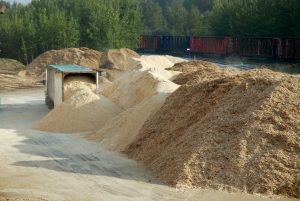 A California nonprofit organization has decided to revise its controversial plan to build two wood pellet processing plants that would turn excess biomass in the state’s forests into pellets to be shipped overseas for use in renewable energy generation. Golden State Natural Resources said Wednesday it will develop a reduced-scale project focused on domestic, rather than international, use of sourced wood, producing wood chips instead of pellets. The project will target emerging demand in California and nearby regions for sustainable energy and alternative wood products. The organization’s proposed Forest Resiliency Project has drawn the ire of environmentalists who say California needs to rethink “falling for the biomass delusion.” Golden State Natural Resources was formed by rural counties to reduce massive wildfires fueled by overgrown, undermanaged forests. The project aims to use low-value forest material like ladder fuels and dead trees to lower wildfire risk and improve forest health.
A California nonprofit organization has decided to revise its controversial plan to build two wood pellet processing plants that would turn excess biomass in the state’s forests into pellets to be shipped overseas for use in renewable energy generation. Golden State Natural Resources said Wednesday it will develop a reduced-scale project focused on domestic, rather than international, use of sourced wood, producing wood chips instead of pellets. The project will target emerging demand in California and nearby regions for sustainable energy and alternative wood products. The organization’s proposed Forest Resiliency Project has drawn the ire of environmentalists who say California needs to rethink “falling for the biomass delusion.” Golden State Natural Resources was formed by rural counties to reduce massive wildfires fueled by overgrown, undermanaged forests. The project aims to use low-value forest material like ladder fuels and dead trees to lower wildfire risk and improve forest health. 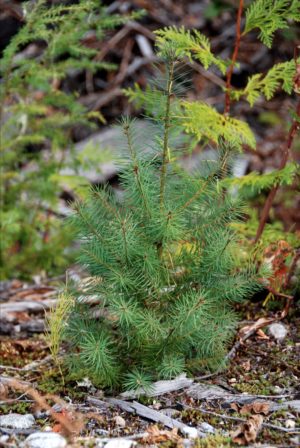
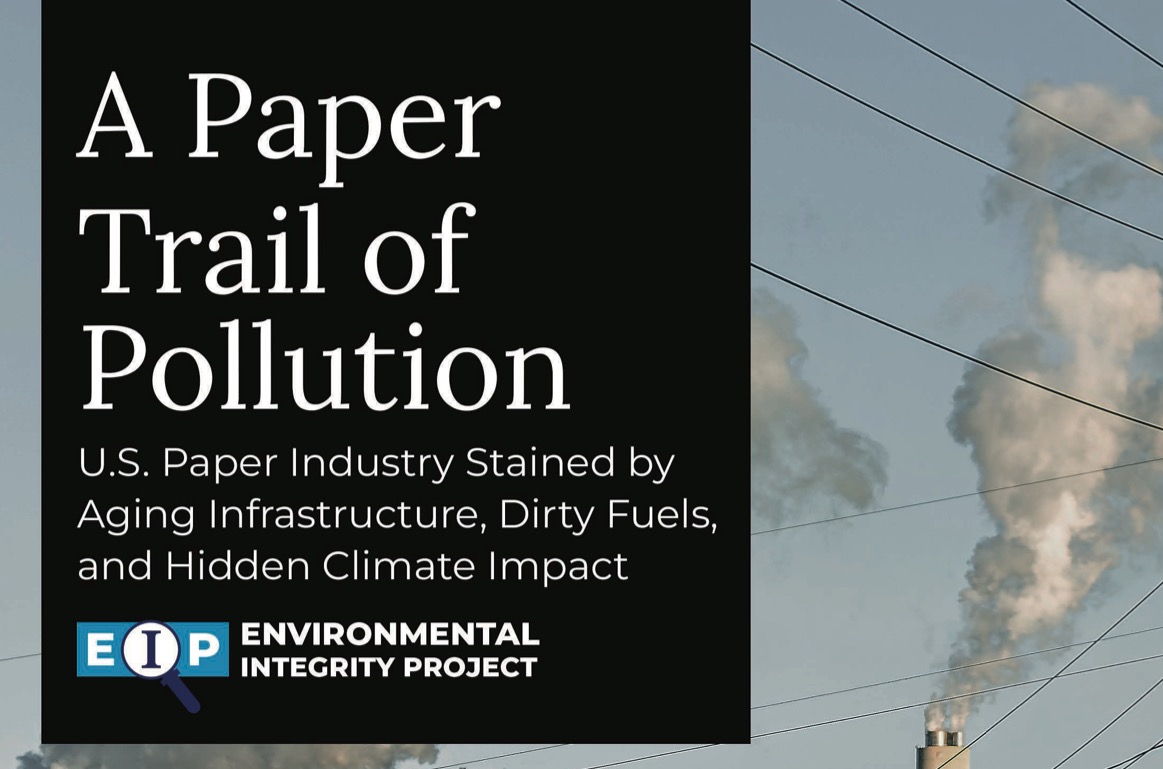 A
A 
 TEXAS — A plan to open a bioenergy plant in Newton County has reached a new milestone with a landmark deal to supply wood for the site in Bon Wier. Mike Lout with KJAS, reports Nick Andrews, President and CEO of the Scottsdale, Arizona-based USA Bioenergy, announced on Tuesday that his company has
TEXAS — A plan to open a bioenergy plant in Newton County has reached a new milestone with a landmark deal to supply wood for the site in Bon Wier. Mike Lout with KJAS, reports Nick Andrews, President and CEO of the Scottsdale, Arizona-based USA Bioenergy, announced on Tuesday that his company has 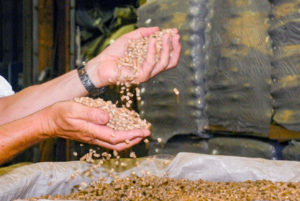 GEORGETOWN, South Carolina — Over 650 Georgetown residents have signed a petition opposing a proposed biomass plant at the site of the International Paper mill that closed last year. The group Citizens for Georgetown says it is working to revitalize the town’s waterfront through “thoughtful redevelopment.” 653 people are opposing the plant that would generate energy for Santee Cooper from tree waste. …Citizens for Georgetown Chairman Tom Swatzel. “Now, we face a critical choice: leave decades of pollution in the land and water, continue with heavy industry OR clean up the site and reimagine these properties into a vibrant, sustainable future that benefits all residents.” …State Sen. Stephen Goldfinch expressed cautious optimism over the proposed plant, saying that it could involve an investment of nearly $4 billion and create new jobs.
GEORGETOWN, South Carolina — Over 650 Georgetown residents have signed a petition opposing a proposed biomass plant at the site of the International Paper mill that closed last year. The group Citizens for Georgetown says it is working to revitalize the town’s waterfront through “thoughtful redevelopment.” 653 people are opposing the plant that would generate energy for Santee Cooper from tree waste. …Citizens for Georgetown Chairman Tom Swatzel. “Now, we face a critical choice: leave decades of pollution in the land and water, continue with heavy industry OR clean up the site and reimagine these properties into a vibrant, sustainable future that benefits all residents.” …State Sen. Stephen Goldfinch expressed cautious optimism over the proposed plant, saying that it could involve an investment of nearly $4 billion and create new jobs. In an update to the joint UNESCO-WRI-IUCN report
In an update to the joint UNESCO-WRI-IUCN report 
 When Domino’s advertised its “smokehouse” pizzas in 2023, it trumpeted that the meat was smoked over timber logged from “Aussie Mountain ash”. It also advertised that the timber was certified as sustainable. But what the advertising didn’t promote was that mountain ash forests are critically endangered, with logging listed as one of the key processes threatening them. And now the ABC can reveal the certification that assured consumers that logging was sustainable was breached in seven different ways, according to the organisation that accredits certifiers. Those breaches included potentially stealing the trees from the neighbouring state forest, ignoring protections for waterways and logging potential endangered species habitat. “I think Australians should be absolutely appalled that the world’s tallest flowering tree is chipped up to make woodchips to smoke pork bellies to put on pizzas. It’s ridiculous. What are we talking about? Endangered possum pizzas?” Professor Lindenmayer said.
When Domino’s advertised its “smokehouse” pizzas in 2023, it trumpeted that the meat was smoked over timber logged from “Aussie Mountain ash”. It also advertised that the timber was certified as sustainable. But what the advertising didn’t promote was that mountain ash forests are critically endangered, with logging listed as one of the key processes threatening them. And now the ABC can reveal the certification that assured consumers that logging was sustainable was breached in seven different ways, according to the organisation that accredits certifiers. Those breaches included potentially stealing the trees from the neighbouring state forest, ignoring protections for waterways and logging potential endangered species habitat. “I think Australians should be absolutely appalled that the world’s tallest flowering tree is chipped up to make woodchips to smoke pork bellies to put on pizzas. It’s ridiculous. What are we talking about? Endangered possum pizzas?” Professor Lindenmayer said.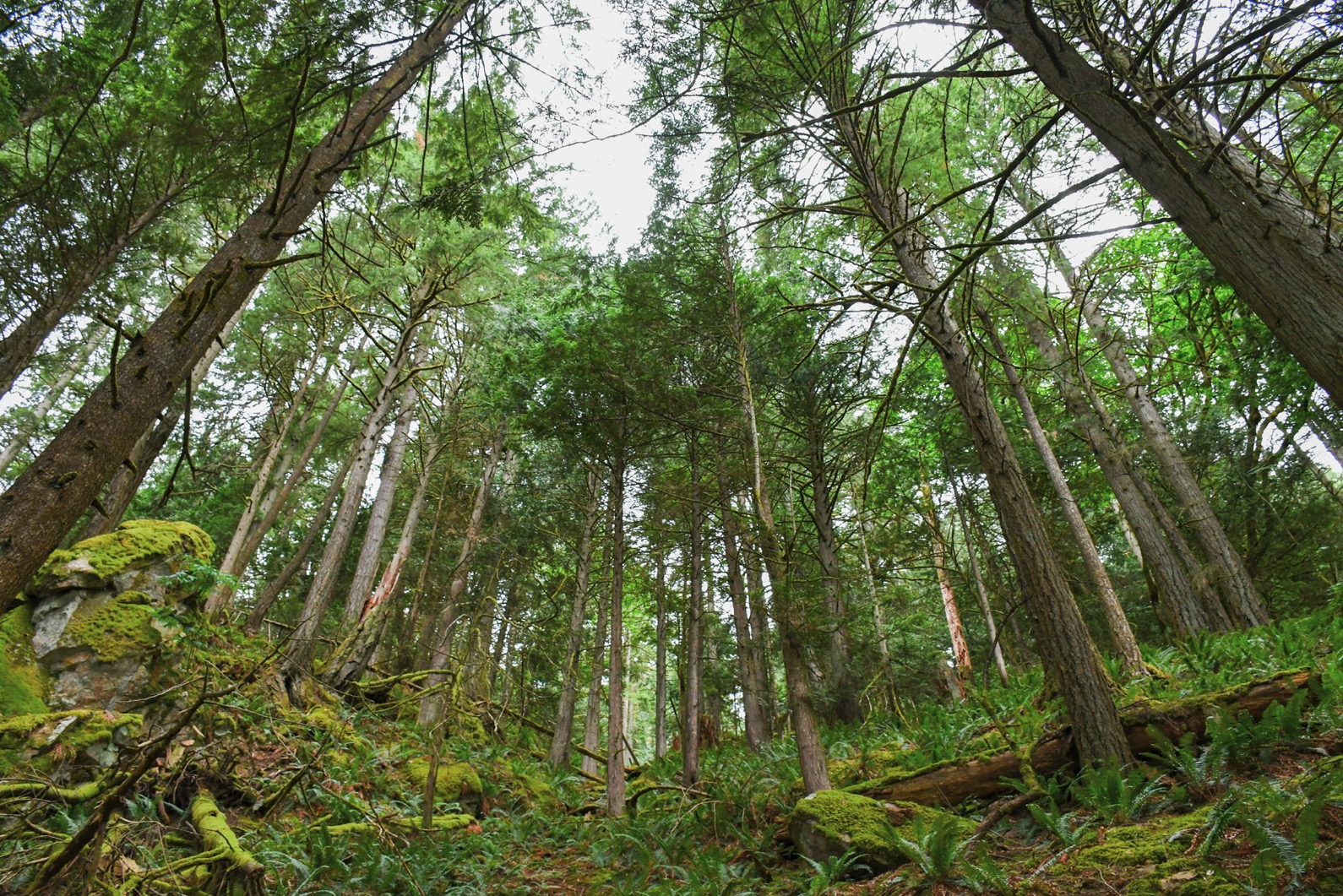 Naturally-regenerating forests are often ignored by policymakers working to curb climate change even though they hold an untapped potential to rapidly absorb planet-warming carbon from the atmosphere, scientists found in a research paper published Tuesday. These so-called secondary forests, which have regenerated themselves after being razed, often for agriculture, can help bring the world closer to the net-zero emissions target needed to slow global warming, the research published in the journal shows. That is because these young forests, which are made of trees between two and four decades old, can remove carbon from the atmosphere up to eight times faster per hectare than forests that were just planted, they found. It comes as companies worldwide are raising millions of dollars to regrow forests from scratch to generate carbon credits they can sell to polluting industries seeking to offset their greenhouse gas emissions.
Naturally-regenerating forests are often ignored by policymakers working to curb climate change even though they hold an untapped potential to rapidly absorb planet-warming carbon from the atmosphere, scientists found in a research paper published Tuesday. These so-called secondary forests, which have regenerated themselves after being razed, often for agriculture, can help bring the world closer to the net-zero emissions target needed to slow global warming, the research published in the journal shows. That is because these young forests, which are made of trees between two and four decades old, can remove carbon from the atmosphere up to eight times faster per hectare than forests that were just planted, they found. It comes as companies worldwide are raising millions of dollars to regrow forests from scratch to generate carbon credits they can sell to polluting industries seeking to offset their greenhouse gas emissions.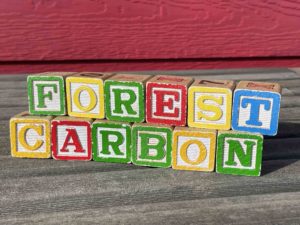
 Judges across the world are proving sceptical of companies’ attempts to offset their greenhouse gas emissions by buying carbon credits,
Judges across the world are proving sceptical of companies’ attempts to offset their greenhouse gas emissions by buying carbon credits,  Protecting and restoring forests are essential for curbing climate change. But while efforts often focus on conserving mature forests and planting new trees (both of which are badly needed), a critical piece of the puzzle is often overlooked: managing naturally regrowing forests to increase the carbon they remove. Until now, scientists did not have a detailed picture of the carbon removal value of naturally regrowing forests. But
Protecting and restoring forests are essential for curbing climate change. But while efforts often focus on conserving mature forests and planting new trees (both of which are badly needed), a critical piece of the puzzle is often overlooked: managing naturally regrowing forests to increase the carbon they remove. Until now, scientists did not have a detailed picture of the carbon removal value of naturally regrowing forests. But 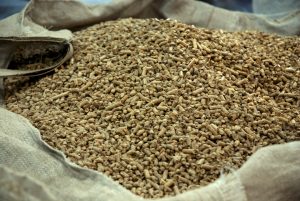 While biomass production and extraction in the European Union continue to grow, its long-term viability is at risk due to declining ecosystem conditions. A new
While biomass production and extraction in the European Union continue to grow, its long-term viability is at risk due to declining ecosystem conditions. A new 



 DS Smith has brought online a €90 million biomass boiler at its Rouen paper mill in Normandy, France – one of Europe’s largest mill energy transitions to date. The new system replaces the site’s coal-fired boiler with a low-carbon, circular solution powered by locally sourced biomass waste. The project is expected to cut CO₂ emissions by 99,000 tonnes annually – equivalent to removing 40,000 cars from the road or powering 13,000 French homes each year. The boiler will process around 94,000 tonnes of biomass fuel each year, including industrial and municipal waste wood – mainly from the Paris and Normandy regions – as well as paper production by-products. Up to 70,000 tonnes of wood waste will be diverted from landfill annually, supporting DS Smith’s 2030 zero-landfill target.
DS Smith has brought online a €90 million biomass boiler at its Rouen paper mill in Normandy, France – one of Europe’s largest mill energy transitions to date. The new system replaces the site’s coal-fired boiler with a low-carbon, circular solution powered by locally sourced biomass waste. The project is expected to cut CO₂ emissions by 99,000 tonnes annually – equivalent to removing 40,000 cars from the road or powering 13,000 French homes each year. The boiler will process around 94,000 tonnes of biomass fuel each year, including industrial and municipal waste wood – mainly from the Paris and Normandy regions – as well as paper production by-products. Up to 70,000 tonnes of wood waste will be diverted from landfill annually, supporting DS Smith’s 2030 zero-landfill target.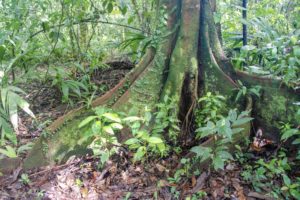 The Phillipines sits on a goldmine of forest and carbon wealth. But an unclear and short-sighted property rights regime is choking its potential; existing rules are partially to be blamed.
The Phillipines sits on a goldmine of forest and carbon wealth. But an unclear and short-sighted property rights regime is choking its potential; existing rules are partially to be blamed.  Hundreds of top environment lawyers are suing the New Zealand government over what they say is its “dangerously inadequate” plan to reduce emissions to net zero by 2050. It is the first time the country’s emissions reduction plan has faced litigation, and the lawyers believe it is the first case globally that challenges the use of forestry to offset emissions. …two groups representing more than 300 lawyers filed judicial review proceedings against the government in Wellington’s high court on Tuesday. The groups … claim … the government has abandoned dozens of tools to tackle emissions, failed to adequately consult the public, and too heavily relies on high-risk carbon capture strategies such as forestry. …They claim that the government is relying on “high risk” methods such as planting hundreds of thousands of hectares of introduced pine trees to offset emissions, and capturing carbon underground, with few alternatives to fall back on if something goes wrong.
Hundreds of top environment lawyers are suing the New Zealand government over what they say is its “dangerously inadequate” plan to reduce emissions to net zero by 2050. It is the first time the country’s emissions reduction plan has faced litigation, and the lawyers believe it is the first case globally that challenges the use of forestry to offset emissions. …two groups representing more than 300 lawyers filed judicial review proceedings against the government in Wellington’s high court on Tuesday. The groups … claim … the government has abandoned dozens of tools to tackle emissions, failed to adequately consult the public, and too heavily relies on high-risk carbon capture strategies such as forestry. …They claim that the government is relying on “high risk” methods such as planting hundreds of thousands of hectares of introduced pine trees to offset emissions, and capturing carbon underground, with few alternatives to fall back on if something goes wrong.